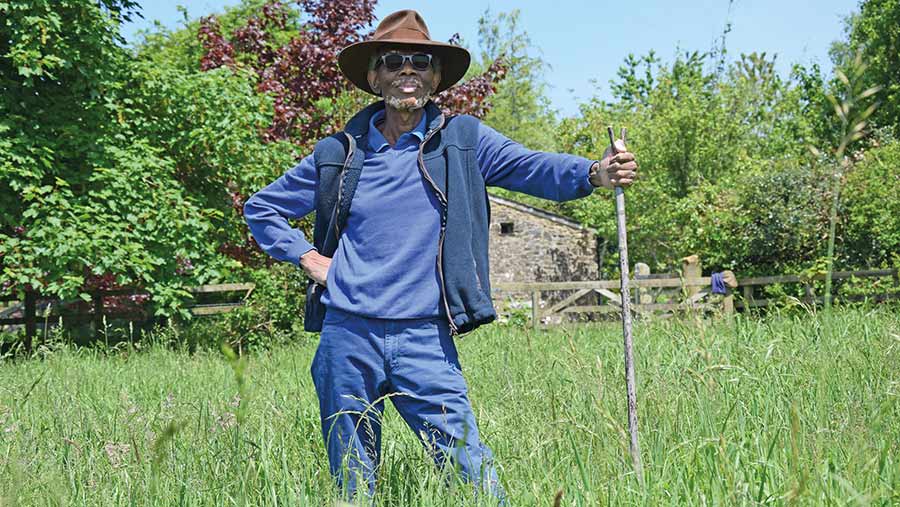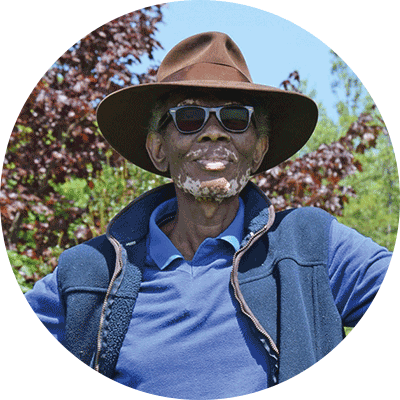Opinion: More diversity is essential for a healthy farming industry
 Wilfred Emmanuel-Jones © Wilfred Emmanuel-Jones
Wilfred Emmanuel-Jones © Wilfred Emmanuel-Jones I am at the Bath and West County Show and I give a middle-aged lady and her friend a sample of my sausages.
The lady decides to share this news with her daughter and calls her on her mobile. It is when she utters the words “it’s The Black Farmer’s” that her friend gives her a sharp dig with her elbow.
Looking at me, as though embarrassed for her friend, she says: “You can’t say that. It’s racist.” There ensues a heated discussion as to whether it is OK to call me “black”.
I am old enough to remember the days when it was the norm to refer to black people as “coloured”.
Now, in 2022, those days are long gone – except for many people in the rural and farming communities who still believe it to be more polite.
See also: Boots and Heels S2, E7: Diversity with Wilfred Emmanuel-Jones and Ben Theo Andrews
About the author

Wilfred Emmanuel-Jones is a farmer and the founder of The Black Farmer food brand. He is also a trustee of the Royal Agricultural University, Cirencester, and in 2021 was awarded an MBE for services to British farming. Here he argues for greater inclusivity and diversity within farming.
It is this confusion that leads to avoidance and prejudice. It is surely better not to get involved than to risk being accused of being racist.
But ignoring the changing face of Britain is no longer viable.
To make sure we as a community are not further marginalised, and to ensure that the farming community reflects what Britain is today, we need to address a number of issues.
We need to look at what is preventing new entrants into what is all too often regarded as a closed shop.
If we are serious about bringing change and diversity to our industry, we need to take action.
Access to land is a starting point.
For most people, the only option is to rent or lease, but many from diverse backgrounds are shut out even from this option because they don’t come from a traditional farming family or background.
Estate managers go with what they know – outsiders are viewed with suspicion.
Big landowners need to see that it is part of their social responsibility to help bring about change.
Setting aside some of their land to attract new entrants would be a demonstration of using their privilege and heritage for the greater good.
Institutional landowners such as the National Trust and the Church of England should be ashamed that they are not doing more.
They could be leading the way, especially with tax incentives from government for landowners who devise schemes to attract new entrants.
The other big issue is the education system. As a young black boy living in Birmingham, I dreamed of having my own farm, as I loved being on my father’s allotment.
I did very badly at school and my time would have been better spent if I had been able to attend an agricultural college.
I am constantly receiving emails from people from non-traditional backgrounds who want to learn about farming, who would love the opportunity to attend one of these colleges, but they believe this option is closed to them because they are not from a traditional farming background.
I have recently become a trustee of the Royal Agricultural University, Cirencester, and I am hoping to encourage my colleagues to look at what more we can do to be more inclusive and bring diversity to the farming industry, reaching out to young people while they are still at school.
Nature teaches us that diversity is essential if we are going to have healthy crops or animals. Let us embrace nature’s golden rule and add diversity to our way of thinking, behaving and accepting.
